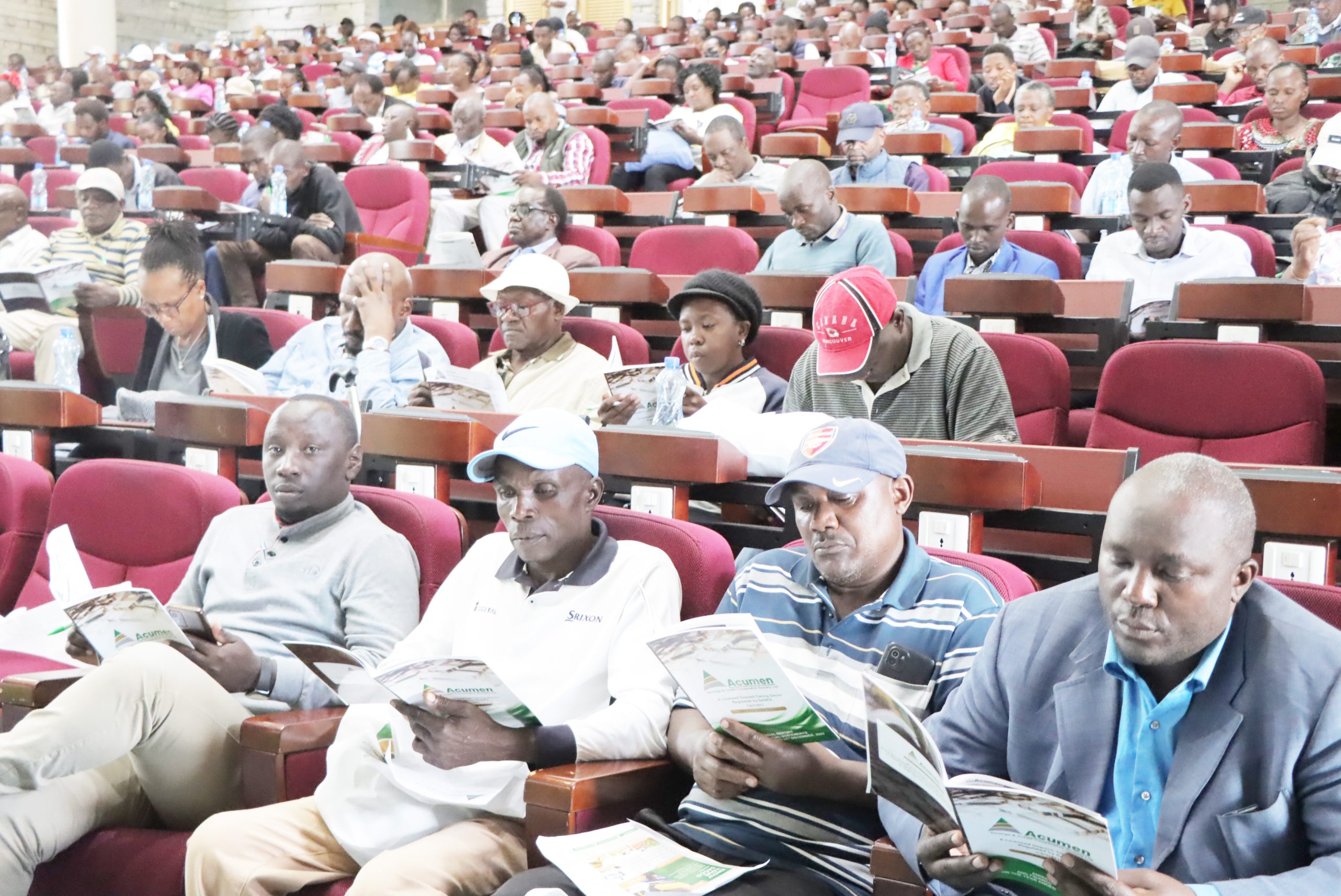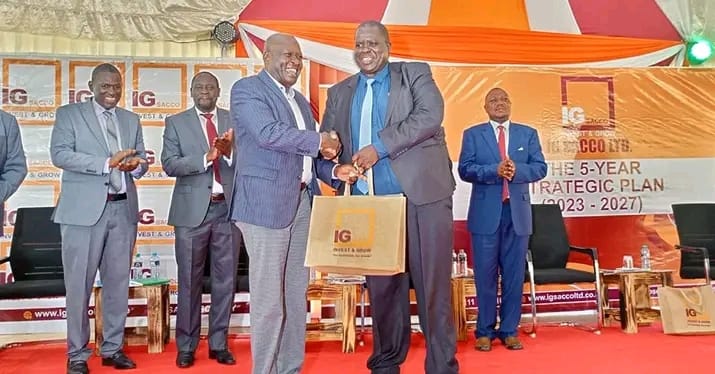James Kinuthia was a member of one of the biggest Saccos in the country; he was employed and used to contribute Ksh1,000 monthly.
In the year 2001, Kinuthia lost his job, rendering him unable to make the monthly deposits. Subsequently, he withdrew his deposits, receded to the village and lost contact with his Sacco. Little did he know that there was money he had left behind.
Kinuthia is among thousands of Sacco members who have forgotten they had saved some money in form of share capital with their Saccos, unaware that they can still get it back.
Before 2011, Kenya did not have an institutionalized policy framework for handling unclaimed assets, which may have affected people like Kinuthia.
There was also no law to oblige Saccos to ensure members get the money until the establishment of Unclaimed Financial Assets Authority (UFAA), which began operations in 2014, after the passage of Unclaimed Assets Act in 2011.
A baseline survey commissioned in 2018 estimated that Ksh241 billion in unclaimed assets was unreported, while Ksh7.2 billion was in circulation inside 174 Deposit Taking (DT) Saccos, mostly being abandoned member dividends, deposits and share capital.
UFAA formed
The Sacco Societies (DT business) Regulations 2010, Section 27, provided for funds deemed abandoned after 5 years to be sent to the Public Trustee.
John Mwangi, EBS, CEO and Managing Trustee at UFAA, now says they have received Ksh32 billion in unclaimed assets from various institutions, including Saccos, with the biggest percentage coming from the banking sector.
He said Saccos are holding Ksh91 million in unclaimed assets, plus Ksh168 in form of shares.
UFAA is still in discussion with SASRA on how to go about the disbursement of these funds since as compared to banks whose shares are fixed, those of Saccos are not; making it difficult to calculate the amounts owed.
READ ALSO:
The authority has done audit of 134 different institutions, including Saccos, and collected Ksh11.5 billion in unclaimed assets, Ksh2.5 billion of which has been received in the ongoing audit.
Mwangi says the unclaimed amount is invested in Treasury Bills and Treasury Bonds whose earned interests are used to run its operations subject to the approval of the Cabinet Secretary (Treasury).
What qualifies as unclaimed assets
According to the law on ownership interest (shares and dividends), if a member leaves a Sacco, the money becomes unclaimed 3 years on, but subject to the Sacco’s failure to locate the member or the next of kin.
For unpaid wages, it takes one year to be classified as unclaimed and two years after the dissolution of a business.
The CEO said Saccos must surrender unclaimed assets to the authority; any failure to declared and remit unclaimed financial assets as required by law will attract stiff penalties.
A holder has an obligation to pay and deliver any unclaimed assets by November 1 each year for a period of 12 months preceding June 30.
Penalties for non-remmittance
The Unclaimed Financial Assets Act, 2011 details that ‘A person who willfully fails to pay or deliver assets to the Authority as required under this Act shall be liable to pay a penalty equal to twenty-five percent of the value of the assets that should have been paid or delivered’.
A holder who fails to pay unclaimed assets within the time as prescribed by the Act is also liable to one per cent interest above the adjusted prime rate per annum and a fine of between seven thousand shillings to fifty thousand shillings.
A person who willfully continues holding the funds after receiving a written demand by the authority to pay or deliver assets commits an offence and will be liable to a fine of not less than fifty thousand shillings and not more than one million.
However, there are some benefits associated with remitting unclaimed financial assets, including reduction of dormancy and fraud.
Once funds have been transferred to UFAA, members can reclaim them by visiting UFAA offices with written documentations, or alternatively access their funds through the channels provided by the authority, one being the USSD code *361#.
Many Saccos have complied with the Act. Imarisha Sacco for instance has posted in its website that it is officially registered with the authority, consistently fulfilling its obligations by submitting the returns promptly.
Nonetheless, many more are still holding funds of redundant members either unknowingly or knowingly, thus breaching the law.
By Obegi Malack
Get more stories from our website:Sacco Review.
For comments and clarifications, write to: Saccoreview@
Kindly follow us via our social media pages on Facebook:Sacco Review Newspaperfor timely updates


